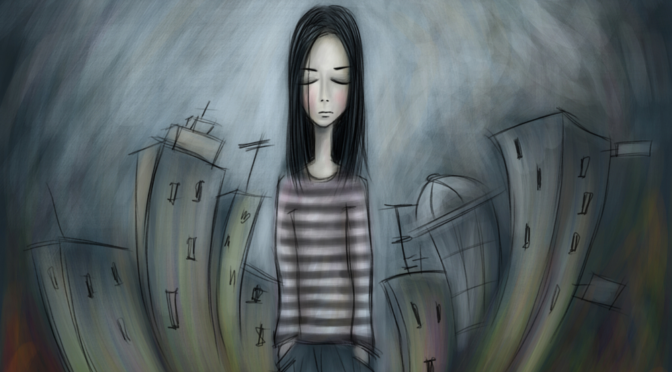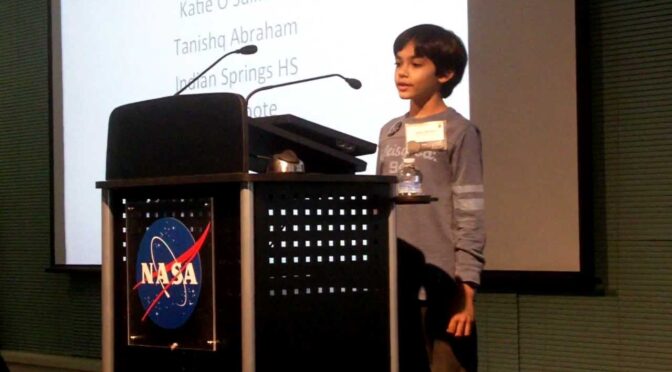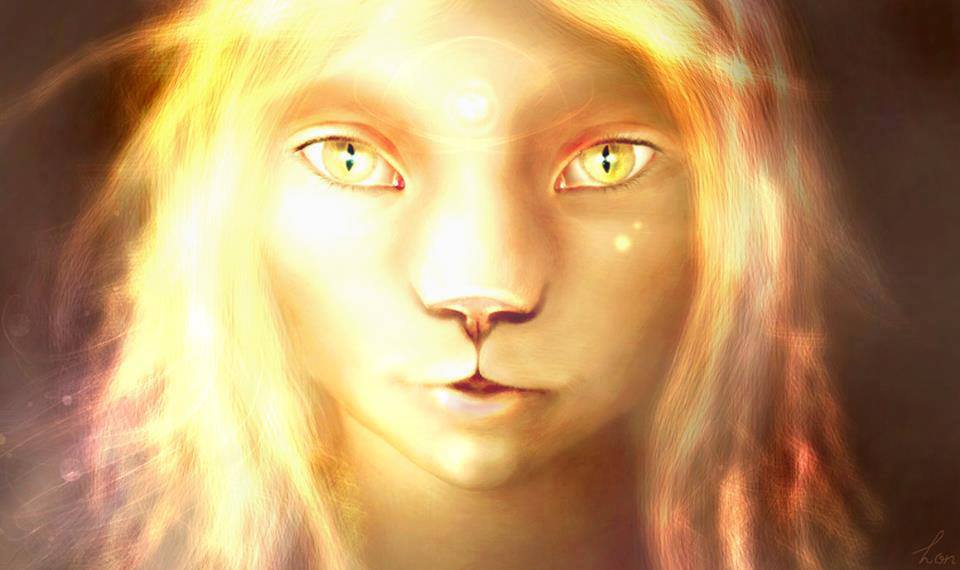Depression, or Major Depressive Disorder, is the number one cause of disability in the world for people aged 5 years or older. Approximately 1 in 8 children suffer from depression in the United States, and a total of about 14.8 million American adults have been diagnosed with the disorder. That’s a lot of people, and the number is frighteningly high when you consider depression is the main contributor to suicide, which claims more than a million lives per year.
Depression takes the most basic things we find joy in, and hides them away behind the shadows of sadness. Sleep, energy, focus, memory, and even libido are stolen from us. The loss of these simple necessities can destroy a person’s desire to love, play, work, and most notably, their will to live.
In a recent TED Talk, Stephen Ilardi said, “Depression lights up the pain circuitry of the brain- to such an extent that it’s torment, it’s agony, it’s torture. And many begin to look to death, as a welcome means of escape.”
Ilardi, author of The Depression Cure, explains further to help us to understand what depression really is, what is really causing it, and how to make it really disappear.
Similar to our flight-or-flight response, the brain has what Ilardi refers to as a “runaway stress response.” He believes depression to be the result of prolonged exposure to this specific response. See, when our ancestors were faced with vicious predators or life-threatening dangers, the fight-or-flight response evolved to assist them with these situations. When the fight-or-flight response was answered with a feeling of safety, or security, the brain and body reverted to a state of reduced-stress. This reversion could only take place after the runaway stress response triggered intense physical activity, which could last for a few seconds or a few hours.
“The problem is for many people throughout the Western world, the stress response goes on for weeks, months and even years at a time, and when it does that, it’s incredibly toxic to the body and the brain,” Ilardi said.
The conditions in which we live today are extremely stressful, and this contributes to society’s rapid decline in health. Modern-day life disrupts our brain’s helpful chemicals, like dopamine and serotonin, which can cause sleep deprivation, brain damage, inhibited immune response, and inflammation. This finding led Ilardi to another fascinating discovery: “Depression is a disease of civilization.”
Just like diabetes, cancer, allergies, and asthma, depression is considered a disease of civilization. Have you ever wondered why these diseases are so pervasive nowadays but were unheard of within indigenous cultures and tribes? It’s because we weren’t meant to live our lives like this- flooding our stress-receptors with trivialities while consuming poisoned food after a long work-day behind a computer screen. Continue reading



